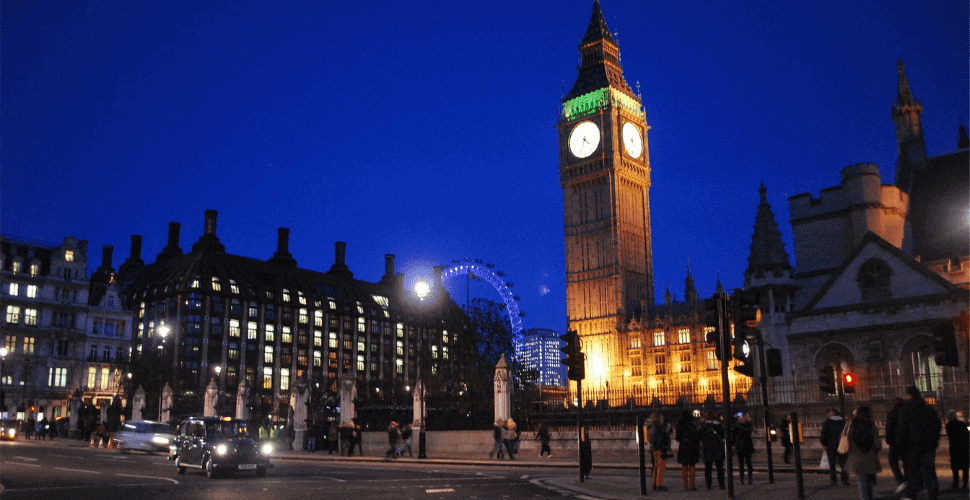Under Boris Johnson’s government, “[modern slavery] is certainly not the priority it was,” says the U.K.’s departing anti-slavery commissioner.
In her final interview in the role, with the Independent, Dame Sara Thornton suggests that some of the Home Office’s recent policy decisions have been led by “political calculation” rather than expertise.
Concerns over the Nationality and Borders Bill
The Nationality and Borders Bill is one example of how the Home Office has overlooked modern slavery experts’ concerns to pursue political aims.
Under this bill, which was passed this week, modern slavery survivors will be denied life-saving support through new exemptions and restrictions. Deadlines will be imposed on victims for the disclosure of abuse, and victims who have been sentenced to prison for over 12 months will be excluded from support.
Dame Sara has been vocal about her concern over the bill. She told the Independent:
“While politicians might listen, they don’t necessarily agree, or they make a political calculation. It hasn’t just been me. The expertise and experience of lots of people in the sector, including that of survivors, is not taken into account as much as I think it should be.”
Ministers have claimed that people were taking advantage of modern slavery safeguards to avoid deportation, suggesting this bill would stop abuse of the system. But Dame Sara says that the Home Office have not provided sufficient evidence to back the claim up. She asks:
“Why not put the information into the public domain so that we can have a proper debate about it? Wouldn’t it be much better for the debate to be informed by facts?”
A backslide in the fight against modern slavery
As Dame Sara looks back on her tenure, she laments what she perceives as a de-prioritization of the fight against modern slavery at Westminster.
She is most disappointed by the government’s failure to reform the National Referral Mechanism (NRM), which is the U.K.’s framework for the identification and support of modern slavery victims.
When she first took on the role, there were plans to speed up processing, but the opposite has happened. She explains: “We know the backlogs have just got longer and longer, with people waiting on average 568 days for a final decision last year.”
U.K. was once recognized for its international leadership in the fight against modern slavery. The commissioner told the Independent: “It saddens me that we’re not looked at in the way we were seven years ago as being at the forefront of this.”
Share your thoughts with us
Increasingly restrictive immigration policies, like those set out in the Nationality and Borders Bill, are being implemented around the world. These tough border regimes are exacerbating vulnerabilities to trafficking and exploitation.
If governments are serious about protecting people from modern slavery, we believe they must prioritize the creation of safe migration routes. But we want to hear your thoughts on the matter! Share your opinions here.







Freedom United is interested in hearing from our community and welcomes relevant, informed comments, advice, and insights that advance the conversation around our campaigns and advocacy. We value inclusivity and respect within our community. To be approved, your comments should be civil.